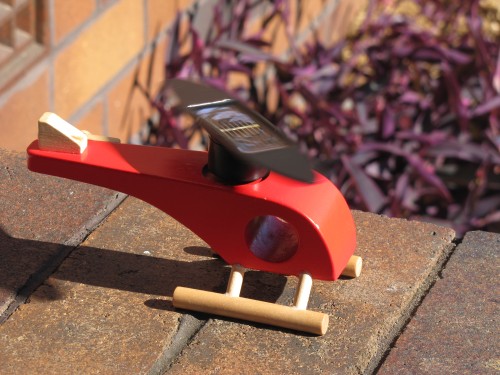Playing with words
I love playing with words.
I really enjoy using simple, everyday words in new ways and seeing what happens. This is the amazing thing about being a writer. You can take ordinary words and make something extraordinary: a poem, a story, an idea for a novel, a song, an inspirational piece or something that gets up someone’s nose like an annoying insect in one’s ear.
I also love using puns. Now, on occasions this tendency riles people just a tad. Sometimes I get a laugh, sometimes a groan and occasionally a disapproving glare. You get that.
On rare occasions I come up with a little gem; well, I think it’s funny. Like this one:
A few weeks ago my wife wrote “Loose tea” on her shopping list on the fridge. I knew she actually meant “leaf tea” – not tea bags -but the cheekiness within prompted me to add another entry underneath: “Slightly more moral tea”. I just couldn’t resist.
Fortunately my wife saw the funny side and actually laughed out loud.
The risk was worth taking.
Good writing.
The power of words
I am writing this post at my son’s home where we are staying for a few days of holiday. Our grandson, aged two and a half is a wonderful delight and his bright nature brings us all much joy. One of his favourite toys is a solar powered helicopter. It’s a simple little device made mainly of wood with two small solar panels on the rotor blades. Even a small amount of sunlight filtering through a window will send the blades whirring. It is an amazing contraption which intrigues us all.
One of the amazing things about this toy is the power generated by such small panels. Words are like that too. A few simple, uncomplicated words can have a powerful effect on the reader. A few well chosen sentences can change a person’s life. A story, poem or article can have a lasting influence over one person – or many people.
Choose your words carefully. Craft them lovingly. Launch them out into the wild world where they fly into the lives of others, bringing joy, blessing, laughter and perhaps even challenge to the recipients. Don’t waste your words; make them count for something.
Good writing.
The words we use
Words are the building blocks every writer uses to create stories, novels, poems, articles and many other forms of the written word. Like most writers, words and how to use them fascinate me.
In recent years one use of words has intrigued me more than most: signs. I’ve actually taken quite a few photos of signs. Some amuse me, some intrigue me and others frustrate me. One that amused me was above a restaurant in Kathmandu a few years ago. It was called the “Sweet Memorize Restaurant”. I guess that they didn’t have a printed menu and that customers had to commit to memory all the various dishes – or perhaps it was just the list of desserts and other sweets that one had to commit to memory.
Another shop sign that annoys me every time I drive past it near my home announces “Gwenny’s Emporium.” Mmm… it’s a tin shed for goodness sake! The word “emporium” indicates a wide range of goods for sale and so it is relatively accurate. I my mind, however, I have the impression that the word also implies a grandiose, magnificent building. There’s nothing in the basic meaning that indicates that it has to be such a building, but all the same, that’s the image I have in my mind. A shed simply does not cut it in my opinion.
As writers we need to be constantly on the alert about the ways we use words. We usually don’t have the chance to explain to the reader exactly what we mean. Misunderstandings do happen. We should strive to be as accurate and as unambiguous as possible.
Good writing.
Some thoughts about weeds and words
I needed to do some weeding in the garden recently. Our rose bed was in danger of disappearing into a jungle of tangled weeds.
Weeding in the garden is so satisfying; in a very short space of time you can see the results of your labours. The garden bed looks much better very quickly. The plants you leave behind – presumably those you want to keep – give a huge sigh of relief. ‘There is a sun after all,’ they say. Weeding improves the garden.
Too often we allow words to grow like weeds in our writing. Many words creep in unannounced and unwanted. There is the danger that they can choke out the good words. At their worst they can rob the desirable words of all the necessary moisture and nutrients for growth. Your story can wilt and die.
Be ruthless. Pull out all unnecessary words. Edit relentlessly.
And your writing will be allowed to bloom into its full potential.
Good weeding – and good writing.
